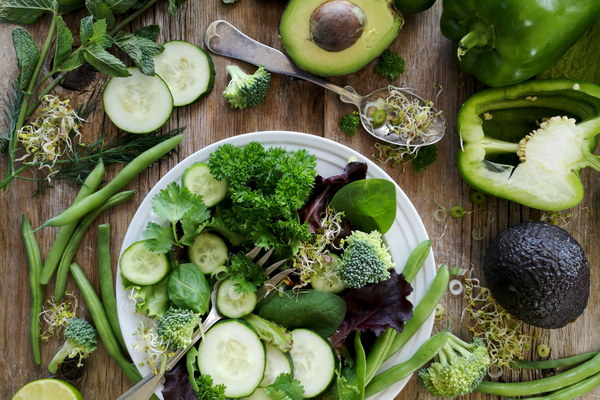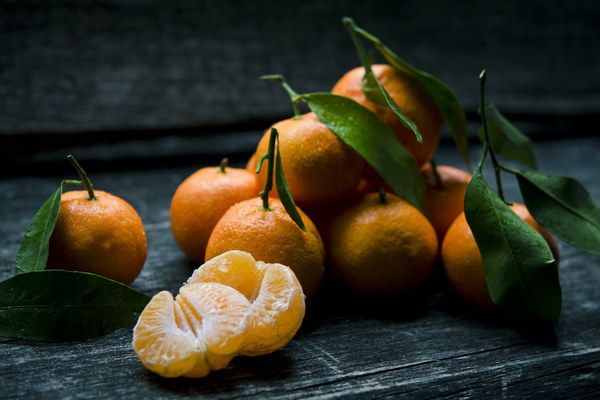Nurturing Your Spleen to Expel Dampness A Guide to Traditional Chinese Medicine
In Traditional Chinese Medicine (TCM), the concept of dampness is often associated with various health issues, including fatigue, bloating, and weight gain. The spleen, being a vital organ in TCM, plays a crucial role in the body's ability to manage dampness. This article delves into the intricacies of how to nourish your spleen to effectively expel dampness, drawing from the wisdom of TCM.
Understanding the Spleen and Dampness in TCM
In TCM, the spleen is responsible for transforming and transporting the nutrients derived from food and drink to the rest of the body. It also plays a significant role in maintaining the balance of fluids within the body. When the spleen is weakened, it can lead to the accumulation of dampness, which is believed to cause a range of symptoms.

Dampness in TCM is often described as a thick, heavy, and sticky substance that can affect the body's organs and tissues. It can be caused by a variety of factors, including excessive moisture in the environment, poor diet, and emotional stress.
Nourishing Your Spleen: The Key to Expelling Dampness
1. Adjust Your Diet
- Avoid cold, raw, and difficult-to-digest foods that can overload the spleen and exacerbate dampness. These include cold drinks, ice cream, salads, and raw vegetables.
- Incorporate warm, cooked, and easily digestible foods that support the spleen. This includes soups, stews, and steamed vegetables.
- Include foods that are considered to have a warming effect, such as ginger, garlic, and cinnamon.
2. Manage Your Environment
- Keep your living and working spaces well-ventilated and dry to prevent dampness from accumulating.
- Avoid excessive exposure to cold and damp weather conditions.
3. Herbal Remedies
- TCM herbal formulas can be used to support the spleen and help expel dampness. Common herbs include Astragalus, Poria, and Atractylodes.
- Consult with a qualified TCM practitioner before starting any herbal treatment to ensure it is appropriate for your specific condition.
4. Acupuncture and Massage
- Acupuncture can help balance the body's energy (Qi) and improve the function of the spleen. Specific points are targeted to help expel dampness.
- Massage therapy, particularly focused on the abdomen and lower back, can help stimulate the spleen and improve its function.
5. Lifestyle Changes
- Regular exercise can improve circulation and help the body manage dampness. Activities such as walking, tai chi, and yoga are particularly beneficial.
- Get adequate sleep and manage stress levels, as both can impact the spleen's function.
- Practice mindfulness and relaxation techniques to reduce emotional stress, which can contribute to dampness.
Conclusion
By focusing on nourishing your spleen and addressing the root causes of dampness, you can improve your overall health and well-being. While TCM offers a holistic approach to dampness, it is important to remember that individual experiences may vary, and it is always best to consult with a healthcare professional before making significant changes to your diet, lifestyle, or treatment plan.









